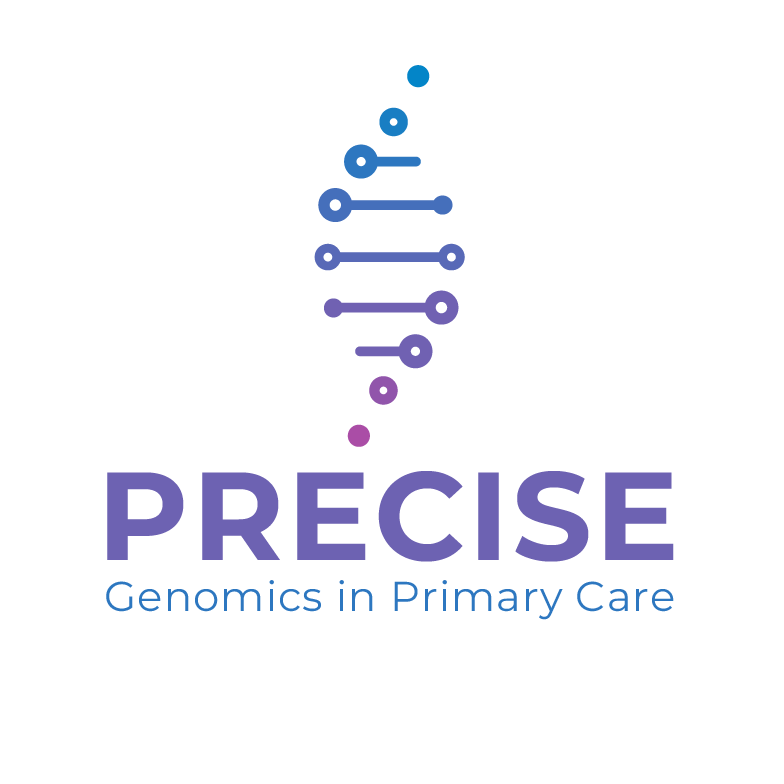Are learning styles a myth?
As conscientious medical educators, we are always on the look-out for ways to further assist our registrars with their educational needs. Both those that struggle and those that do well endure our insistence on formulating individual learning plans. Compliance with creating plans that seem to provide a meaningful and worthwhile contribution to the registrars’ learning seems to be a battle much of the time, even with the motivated. And, with those that struggle, a battle on a larger scale. In search of ways to make individual learning meaningful there has been a focus on individual learning styles.
Evaluating the styles and helping educators and/or learners to tailor their input to meet these various styles has become a topic of much discussion and has generated much commercial interest. A quick google search of “learning styles” in 2015 will rapidly yield you 25, 100, 000 entries on the topic in 0.32 seconds, an overwhelming amount of information by any measure. As I have tried to plough through the chaff looking for some wheat in this area recently I was beginning to wonder about the utility and validity of a field of interest that proposes the need for identifying individual variation and then proceeds to systematically place people into stylistic boxes? And, apart from the interest of knowing that you have a preference for kinaesthetic learning, how does that actually assist you to learn?
The dance of the dermatomes might have been helpful in medical school but applying similar methods to the complex GP curriculum might be a little challenging. But I digress! In my search I did come across this interesting article co-written by the educator who wrote one of the original papers on the subject area which has come to be known as and perhaps oversimplified as “learning styles”. I was interested to read his critique of the direction that his research has been taken. I wonder how his reflections should inform our practice as medical educators? And, if not learning style analysis, then what other methods can we use to assist our registrars find effective ways to foster their individual learning? Does anyone use learning style assessments? What do you think of their efficacy? Is there any good quality research on whether knowing this affects learning outcomes? Interested in everyone’s thoughts.

Stephen is a GP Supervisor, Medical Educator, GP academic and Medical Director of Medcast. He has completed a PhD on Virtual Communities of Practice in GP Training.
Become a member and get unlimited access to 100s of hours of premium education.
Learn moreGenetic testing in general practice: Dr. Alan Ma explains which tests GPs can order, when to refer, and how the PRECISE portal supports confident testing and referral decisions.
MyMedicare is now part of routine general practice, with practical implications for billing, continuity of care, and practice systems. This FastTrack clarifies important points regarding eligibility, impacts on the GPCCMP billing, and how to avoid rejected claims. 30mins each RP and EA available.
Genomics is now part of everyday general practice. The PRECISE Genomics in Primary Care hub gives Australian GPs fast, practical tools to recognise genetic red flags, guide testing and support timely referrals.

